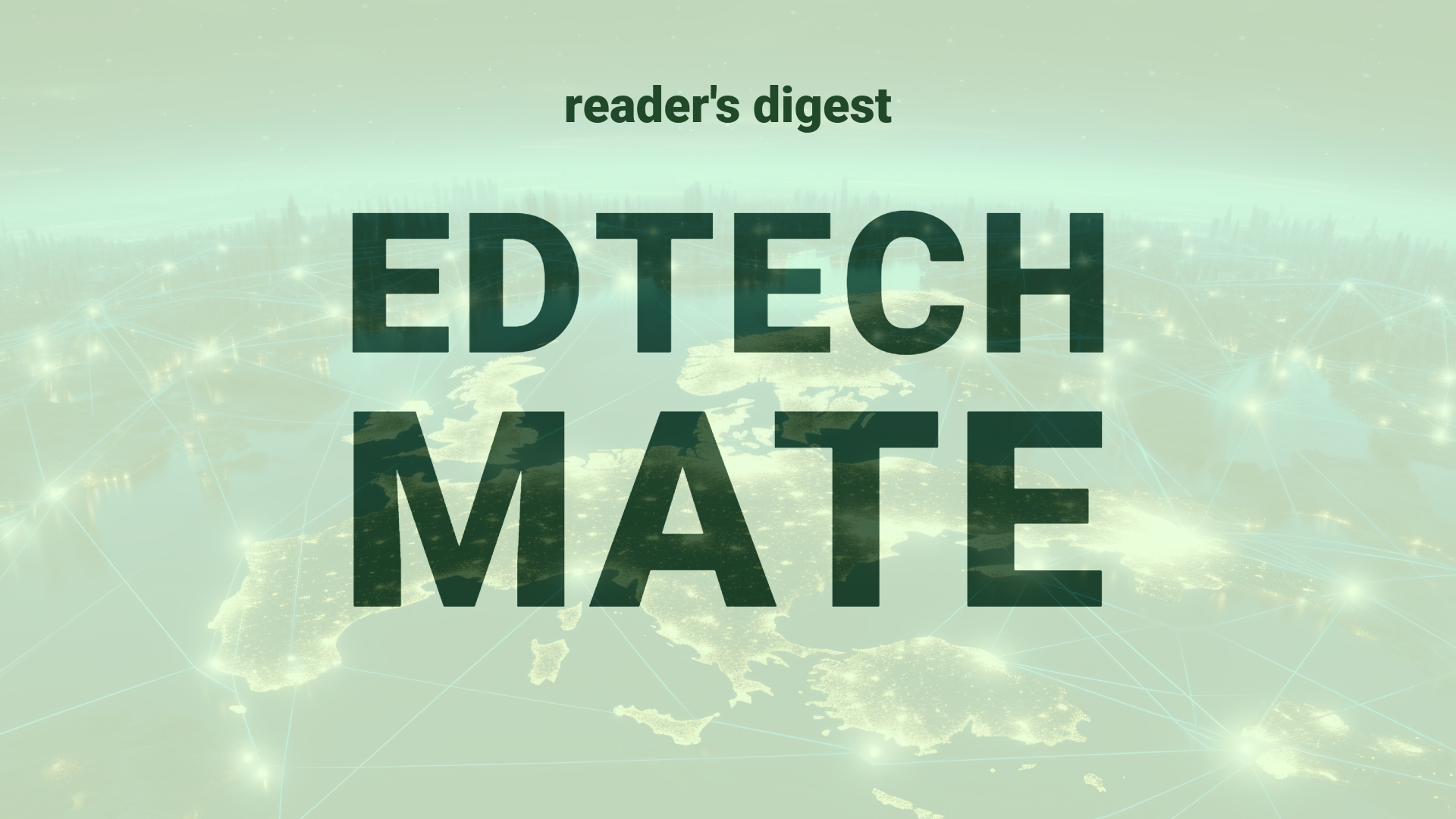Executive Summary and Main Points
In the evolving landscape of global higher education, the recent settlement of a wrongful death lawsuit brought by the family of Walter Huang against Tesla serves as a cautionary tale for the integration of autonomy and AI in the educational sector. Huang, an Apple engineer, perished in an accident involving Tesla’s Autopilot feature. The case, which was settled before trial, underscores the imperative balance between innovation and safety, an issue that resonates deeply within higher education institutions as they explore the frontiers of digital transformation. This incident highlights the critical need to address the dependability of autonomous systems and the human factors that affect their operation within the education context.
Potential Impact in the Education Sector
The implications of this case may resonate within Further Education, Higher Education, and Micro-credentials, prompting a re-evaluation of strategic partnerships, especially those with tech companies pioneering AI and automation. The sector could see heightened due diligence and more rigorous scrutiny of digital tools that promise autonomy but also pose risks. Higher education institutions may seek to bolster their curricula, focusing on safety, ethics, and responsible use of technology to better prepare the next generation of engineers and designers. This could lead to partnerships with companies that prioritize safety in technology design and use.
Potential Applicability in the Education Sector
There are opportunities to integrate AI and digital tools into global education systems for enhancing teaching and learning experiences. Huang’s case can lead to the development of simulation-based training modules that teach students about the limitations and ethical use of autonomous systems. Furthermore, the accident can offer case studies for legal and engineering courses, and for discussions on corporate responsibility and risk management in business programs. This incident also underscores the need for continuing education and certification programs to update professional competencies in rapidly evolving technological landscapes.
Criticism and Potential Shortfalls
The Tesla incident carries several criticisms and potential shortfalls when applied to the context of higher education. For one, it emphasizes the gap between an AI system’s intended use and user behavior, an area that requires emphasis in educational technology deployment. It brings to light comparative international case studies that demonstrate varying degrees of regulation and cultural acceptance of autonomous technologies. Ethical and cultural implications are paramount, especially when designing educational programs that leverage AI, highlighting the necessity for global standards and policies that govern the deployment of such technologies.
Actionable Recommendations
To address the integration of technology like Tesla’s Autopilot within the higher education sector, institutions should prioritize embedding ethics into STEM curricula. Practical workshops simulating real-world scenarios involving autonomous technologies should be developed. International education leaders can also encourage multi-disciplinary research projects that explore safety and liability issues of AI systems. Finally, institutions could form strategic partnerships with tech firms that have robust safety records and share best practices across the global education landscape.
Source article: https://www.cnbc.com/2024/04/08/tesla-settles-wrongful-death-lawsuit-over-fatal-2018-autopilot-crash.html

